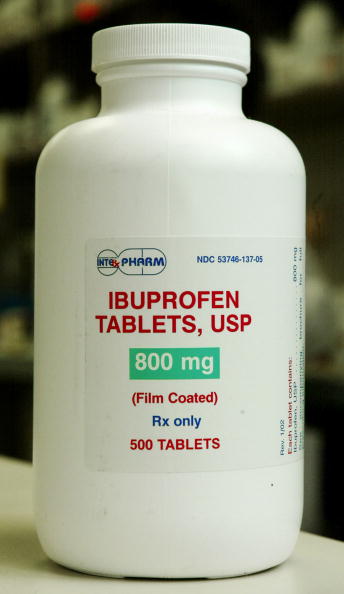
People with Parkinson's disease have one more treatment to consider after the Food and Drug Administration (FDA) has finally approved a new device that can help control the symptoms.
Parkinson's disease is a common neurological disorder affecting at least a million people in the United States. More than 50,000 cases are diagnosed each year.
As the control center of the body, the brain is responsible for every movement. It sends instructions through its neurotransmitters to the various nerves of the body. One of these neurotransmitters is called dopamine, which is tasked to control motion.
For an unclear reason, the nerve cells that produce the neurotransmitter deteriorate, losing their ability to produce dopamine in the process. In the end, the patient can no longer control his movements.
One of the telltale signs of the disease is uncontrolled tremor, especially of the hands and the legs. While there are medications that can already help manage the symptom, not all of the patients respond well. Thus, they can still experience the tremors often.
The stimulation device called Neurostimulation System can then be used as a supplement to the medications. It sends electrical impulses into the brain and help the control center regulate movement.
Created by St. Jude Medical, the device, which runs on batteries, can be safely implanted near the upper area of the chest and underneath the skin. The wires of the device are then the ones that provide the electrical stimulation.
For its clinical trial, which is necessary before the FDA can approve it, the team of experts tapped more than 150 patients, some of which had essential tremor. All of them were under medications but with still prominent symptoms. As control, others were implanted with the device while taking the medications.
All of them experienced a significant reduction of tremors once the device is on.
